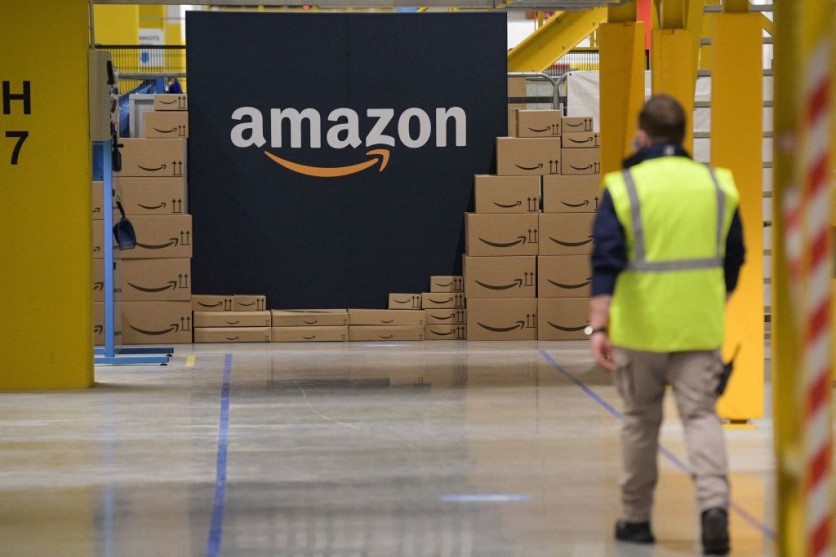The US Federal Trade Commission (FTC) has charged Amazon with employing unfair methods to hold onto its supremacy in online retailing. The FTC lawsuit sent off on Thursday, portrayed in a considerably less-redacted version than before, includes allegations of Amazon utilizing an algorithm that falsely raised American consumer expenses by over one billion dollars.
The recent revelation also sheds light on the internal operation methods of the one trillion-dollar company, which manages a virtual hypermarket with an astonishing value of products reaching more than $1 billion, according to Reuters.
Initially, when the FTC filed the suit in September, a significant part of the nitty gritty was kept under wraps. However, last Thursday saw a turn-up for the books as the Seattle-based US District Court publicized a less edited variant of the case that put forth a more comprehensive understanding of the accusations.

FTC Exposes Amzaon's Project Nessie
The existence of a secret Amazon algorithm known internally as "Project Nessie," which the business allegedly utilized to identify certain items, is one of the discoveries. Amazon expected other online sellers to match its price hikes for these particular items. According to the Federal Trade Commission, Amazon used "Project Nessie" to take over $1 billion out of American customers' wallets.
In a prompt response to the FTC's allegations, Amazon spokesman Tim Doyle clarified that the business had stopped using the pricing tool some years before and that the Commission "grossly mischaracterizes" it. According to Doyle, "Nessie was used to try to stop our price matching from resulting in unusual outcomes where prices became so low that they were unsustainable."
According to the FTC's study, Amazon started experimenting with the price algorithm back in 2010. Determining if other online retailers were keeping an eye on Amazon's pricing was one of the goals, as was deliberately raising the price of things that rivals were probably keeping an eye on.
The FTC also claims that Amazon would continue to sell those items at inflated prices after other merchants started matching or raising their prices, making $1 billion in extra profits.
Read Also: Nokia Takes Legal Action Against Amazon, HP for Unauthorized Use of Video Streaming Patents
Amazon Prime Membership Under Scrutiny
The commission's investigation into the Amazon Prime membership program has raised concerns about Amazon's enrollment process. According to the current lawsuit, Amazon had the opportunity to fix Prime's registration method but continued to "trick more users into signing up" for the program, per The Verge.
The FTC also claims that Amazon forced vendors to use its Prime feature to make use of its shipping and logistics networks. Even though many sellers would have preferred more affordable services or ones that catered to clients from other platforms where they performed their sales, this requirement was still in place.
The e-commerce company's competitive advantage was allegedly undermined when an unidentified Amazon executive in charge of worldwide fulfillment had an "oh crap" moment and realized that letting vendors participate in Prime without using Fulfillment by Amazon In contrast to Amazon's exclusivity, sellers were motivated to manage their warehouses and serve other marketplaces.
The average cost for sellers using Amazon's fulfillment services increased from 27% in 2014 to 39.5% in 2018, according to data released by the FTC. However, the published document redacts 2019-2022 take rates.
Related Article: Boeing Confirms Cyber Incident After LockBit Ransomware Gang Listing; Will It Impact Flight Safety?

ⓒ 2025 TECHTIMES.com All rights reserved. Do not reproduce without permission.




